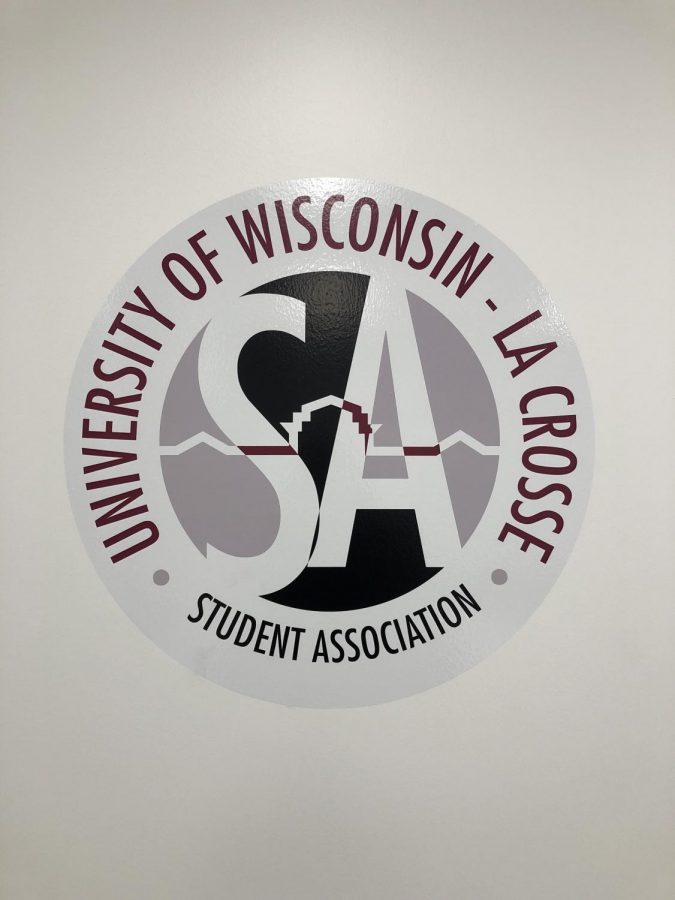Student senate discusses replacing the eagle alert system with new software in the coming semesters
March 7, 2019
Members of Student Senate held their weekly meeting on Wednesday Mar. 6 in the Student Union. The meeting focused on guest speaker Dr. Arney the director of student success at University of Wisconsin–La Crosse. Arney began by discussing the importance of tracking student success and why it is central to campus needs in order to explain why students succeed, struggle, or leave UWL. She was invited to the senate to discuss the new program navigate which is a web-based advising platform from a company that utilizes cumulative information from other campus databases to create a comprehensive system of student awareness. Arney said, “Navigate could help detect struggling students early which in turn would help UWL address possible problems before they become major concerns.”
The new tool would replace the eagle alert system that is the current academic notice program used at UWL. Eagle alert allows campus faculty to give feedback to students who may be struggling with academics or praise to individuals who have made an impact in the classroom or beyond. Arney described eagle alert as “effective, but lacking in intuitive nature,” and she explained the ways in which navigate offers a superior program, “The primary advantage of navigate over the eagle alert system is that it operates in real time, allowing for faster communication between UWL and students, which could help significantly in dealing with issues that are time sensitive, such as class registration or tuition fees.”
Arney explained that the UW System would help to fund the initial implementation, but after five years the campus would be paying in full for the new system. Navigate is a financial investment when compared to eagle alert system and there is concern that faculty would use the system as a substitution for advising sessions. Arney said “If navigate was successful, increased rates of student retention could help the system pay for itself. Navigate could help with proactive advisement only if faculty used the system as a complement to rather than a replacement for advising.”
Arney cited her experience and discussed how UWL is not the only UW school considering switching to navigate, University of Wisconsin-Stevens Point received a similar proposal a week earlier that outlined the ways navigate could expand the understanding of student progress and risk.
Cultivating student success is a “moral imperative,” when using this software said Arney, “Even though UWL has better retention rates than other universities there is still more work that could be done.”






